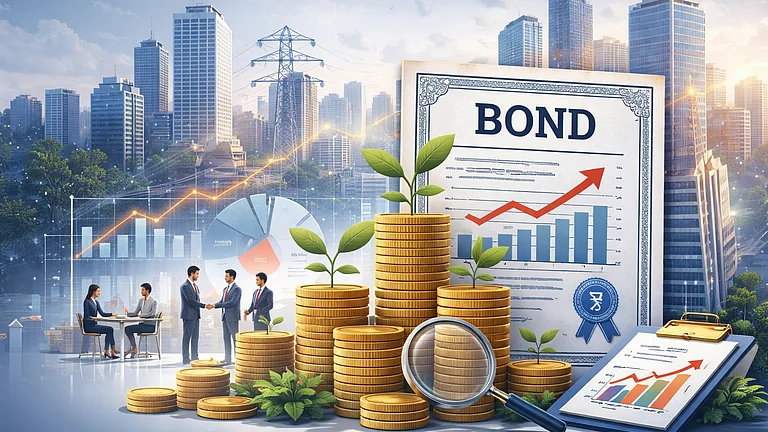Industry body FICCI on Monday said it has submitted its proposal to the Ministry of Heavy Industries for the continuation of the FAME scheme for the next five years, with a review at the end of three years.
The time period for the current FAME II scheme is till March 2024.
Sudden withdrawal or discontinuation of upfront price incentives will lead to up to 25 per cent price increase of EVs and this may derail EV adoption momentum substantially, also impacting further investments in the EV sector, and disrupting gains made so far, noted FICCI.
Purchase incentives on EV vehicles are being continued in markets like Canada, the US, Korea, etc. to achieve their electrification ambitions and India cannot be left behind and miss the EV bus, it argued.
"EV penetration in India is only 5 per cent currently. It is imperative to continue FAME scheme to achieve critical mass towards reaching overall 30 per cent EV penetration targets by 2030, stated by Government of India and to also help meet 'Panchamrit' / Net Zero climate action goals of India," FICCI stated.
Based on the input received from its wide base of members comprising of various stakeholders from the EV sector, FICCI EV Committee has estimated that if demand incentives as suggested are provided for the next five years, it could support adoption of 30.5 million electric vehicles across segments in next five years and help achieve the target of 30 per cent electrification of India's transport sector.
"FAME has emphasized Make in India with its stringent localization norms. Sudden discontinuation of FAME could lead to not only reversal in demand growth but also in investments in EV sector, and to Make in India," the chamber emphasised.
Success of the PLI scheme introduced by GoI also depends on continued demand for EVs, it added.
FICCI said that over the next 3-5 years, as the prices of batteries reduce further, and also prices of EV components reduce due to scale effect, demand incentives can be tapered down and eventually discontinued.


























.jpg?w=200&auto=format%2Ccompress&fit=max)




